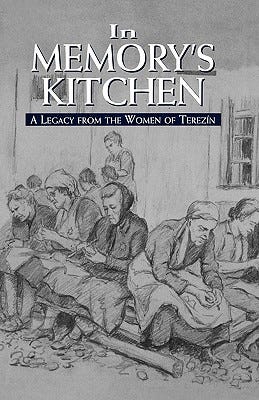In Memory's Kitchen
What is most important to a cook and eater, far from the place where he or she grew up? I was reminded again of this question when I came across an interview of award-winning journalist Cara De Silv…
Keep reading with a 7-day free trial
Subscribe to Topographic Kitchens to keep reading this post and get 7 days of free access to the full post archives.



